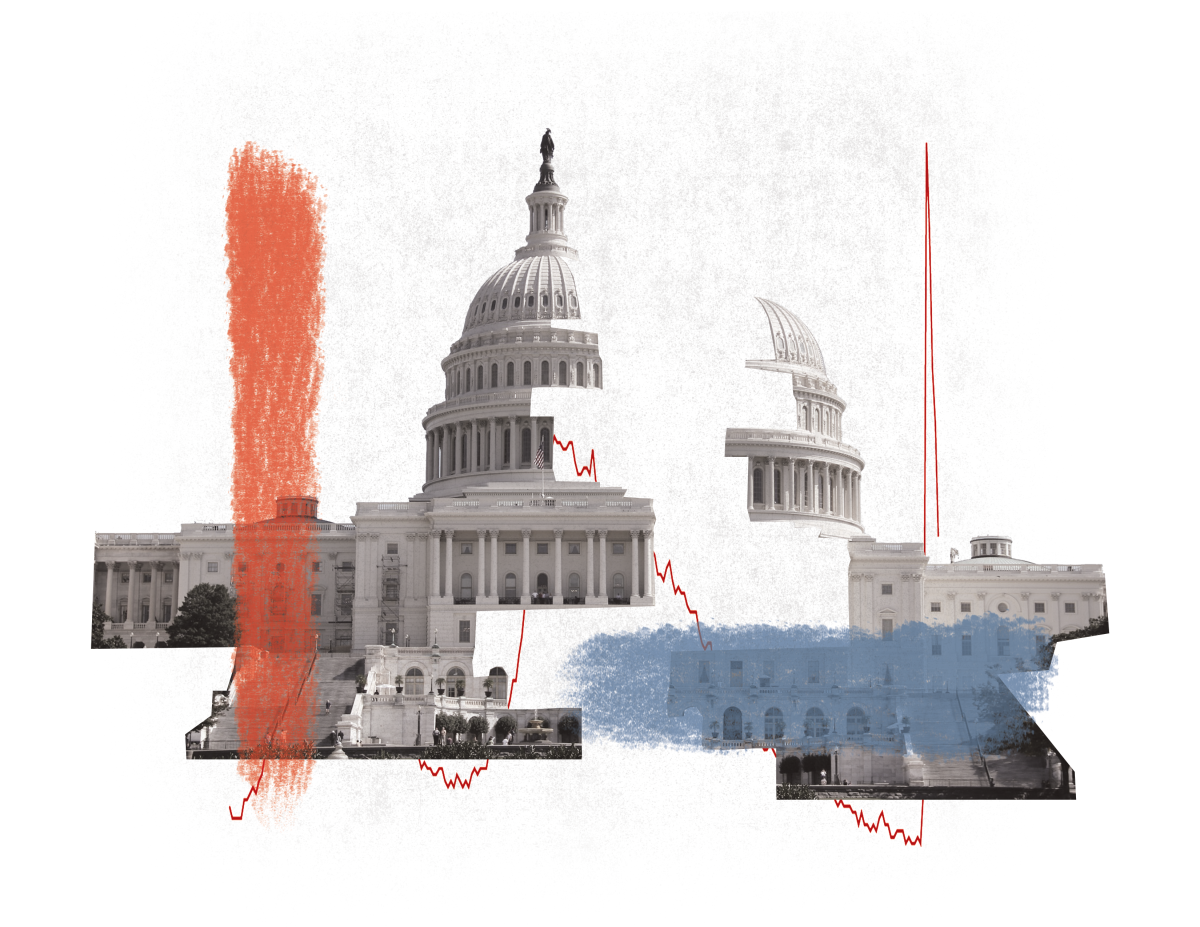Deepak Sela
The Keystone Pipeline is a continental pipe that starts in Alberta, Canada and eventually ends up at major refineries in the southern half of the US. It is estimated to pump 830,000 barrels of oil daily.
Though it sounds like a win-win for the United States and Canada, it may not be so ideal. Unfortunately, the Keystone Pipeline is destroying the diverse habitat of Canada and it has garnered support from numerous policy makers. TransCanada, the company responsible for the pipeline, claims the project is harmless with benefits, although it is yet to impress.
In July 2010, Michigan experienced the largest inland oil spill in American history on the Kalamazoo River. This spill, caused by a ruptured pipe, was so detrimental that thirty-five miles of the river were closed and clean up expenses reached nearly $1 billion over a period of 4 years. When BP spilled oil in the gulf, the marine ecosystem suffered the consequences; birds with oil-coated wings drowned, the fish population diminished, and marine mammals developed ulcers from ingesting the oil-coated water.
Imagine what would happen if this spill occurred on land. This pipeline may generate jobs and stimulate trade with Canada, but is it worth risking the destruction of the Great Plains of the United States? The Great Plains, a large chunk of the US mostly used for agriculture and grazing, is a huge source of domestic food. Imagine the possible ripple effect of the Great Plains being flooded with oil; increased food and gasoline costs for American consumers and yet another expense for the United States government could have devastating effects on the US economy. This pipeline clearly poses too high a risk of environmental disaster and economic recession.
The other half of the problem lies in the distillation of the tar sands. Composed of water, sand, and bitumen (or asphalt), distilling tar sands is an expensive and polluting process. The asphalt needs to be isolated before the further synthesis of low grade crude oil. The National Resources Defense Council published the risk of tar sands, mentioning that the process releases 3 times the global warming gases than regular crude oil.
We are the start of the Green Movement, which has spread into the fields of science and technology. The Toyota Prius was the start of the higher miles-per-gallon cars, leading the younger generation towards an environmentally friendly world. This pipe, if approved, will be a step back into a more gasoline dependent culture.

































